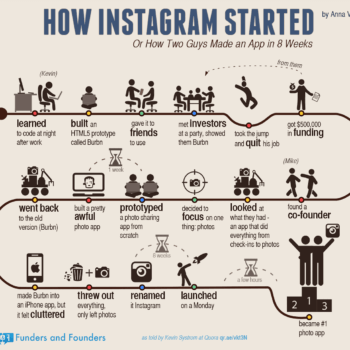The first time I was asked what advice I would give my younger self, I instantly knew the answer.
“Get over yourself.”
The trouble with the question is my younger self wouldn’t listen.
Self-importance makes you unimportant.
Dangers of Self-Importance
Self-importance makes you dumb. The need to be right closes minds. Self-important leaders defend ideas.
Stagnation is the consequence of defending rather than exploring.
You know you’re self-important when you spend most of your time convincing others your right.
Self-importance creates stress. The only way self-important leaders can feel important is by being better than others. It’s stressful to be surrounded by incompetence.
You know you’re self-important when you’re always above average.
Self-importance is exhausting. Leaders are forced to do all the important work, when they’re the most important people at the table.
Self-important leaders don’t delegate. It’s exhausting when you do everything better than others.
When you’re self-important, leadership is about what you do.
Self-important leaders disconnect. No one really understands you when your a self-important leader. You isolate yourself to get away from all the incompetent, disappointing people who surround you.
Isolation propagates arrogance.
Self-important leaders judge others and exempt themselves. When you’re self-important, others need help. You don’t.
Growth ends when you’ve arrived.
Solving self-importance:
Just recently, I realized how to say, “Get over yourself,” in a positive way.
“Show up to serve.”
The leader’s importance is found in making others important. Every time you make yourself more important than others you lower the potential of those around you.
_____________________________________
About the Author
This article was written by Dan Rockwell, Founder of Leadership Freak. Dan is freakishly interested in leadership and writes a blog committed to developing insights on leadership. See more.





























